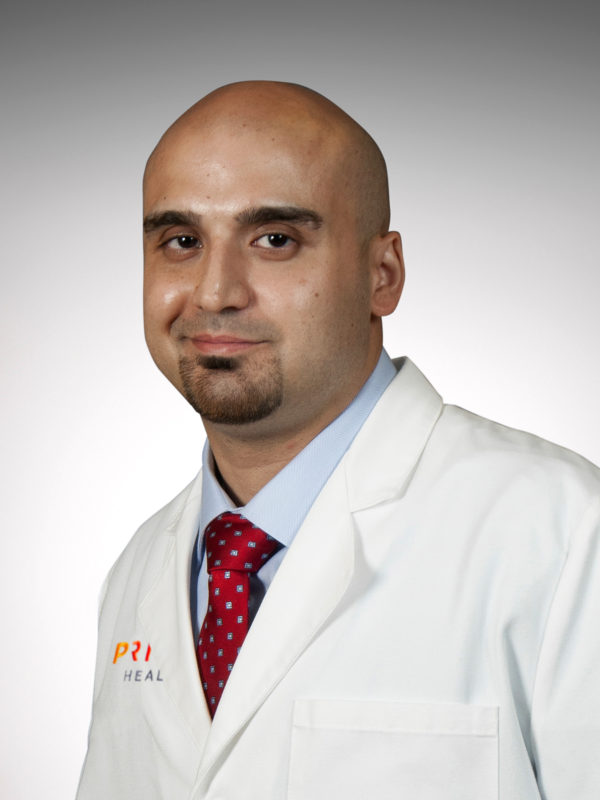How to manage your coronary artery disease
Learning you have coronary artery disease can be scary, but with treatment and lifestyle changes it can be managed. Cardiovascular surgeon Gautam Bhatia, MD, explained how coronary artery disease is treated and what you can do to protect your heart.
What is coronary artery disease?
Coronary artery disease is the most common type of heart disease and the leading cause of death in the United States. It’s caused by a buildup of plaque in the wall of the arteries that supply blood to the heart. Eventually, it can lead to a blocked coronary artery, causing a heart attack.
How is coronary artery disease treated?
“Treatment starts with seeing your doctor regularly for checkups,” Dr. Bhatia said. He outlined the three main methods of treatment for coronary artery disease:
- Medical management. Common heart disease medications include beta blockers, which help slow down your heart rate, statins, which lower cholesterol, and medicine to lower blood pressure.
- Stents. If you have more significant disease and medications aren’t enough, you may need a heart catheterization that looks at the anatomy of the coronary arteries. “Significant blockages can be treated through stenting, which involves putting a metal tube inside the artery, essentially opening the blockage so that blood flow gets to the heart muscle,” Dr. Bhatia said. “The point of this treatment is to improve the blood flow to the muscle to allow it to stay strong or to regain strength.”
- Heart surgery. If you have multiple blockages, you may need surgical treatment, which can involve open heart surgery or bypass surgery. Again, the goal is to get blood supply to the muscle of the heart to increase or maintain the strength of the heart and allow prolonged survival.
Additional changes that can help your heart
Dr. Bhatia said lifestyle changes are extremely important for any sort of cardiovascular disease. Here are some things you can do to maintain your heart health:
- Maintain a good diet.
- Maintain a healthy weight.
- Get routine physical activity.
- Avoid smoking or stop smoking.
- Control any chronic medical conditions, such as high blood pressure, high cholesterol and diabetes.
- Get regular checkups to make sure any chronic medical conditions are under control.
Find a cardiologist you trust
We make it easier to get the care your heart needs, with cardiologists located near you.
Learn More

